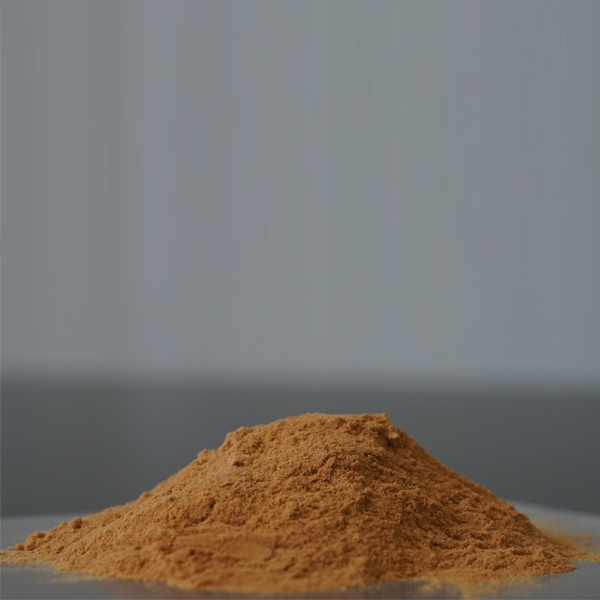
News
Sep . 22, 2024 22:04 Back to list
high quality micronutrients for rose plants
High Quality Micronutrients for Rose Plants
Roses are among the most cherished flowers globally, celebrated not only for their beauty but also for their complex growing requirements. To thrive and produce stunning blooms, rose plants necessitate a range of micronutrients. These micronutrients, though required in small quantities, play a significant role in enhancing the health and vitality of rose plants. This article explores the importance of high-quality micronutrients and how they contribute to the overall well-being of roses.
Micronutrients such as iron, manganese, zinc, copper, boron, and molybdenum are vital for the physiological functions of rose plants. Iron, for example, is crucial for chlorophyll production, which is essential for photosynthesis. A deficiency in iron can lead to chlorosis, characterized by yellowing leaves and reduced growth. Providing high-quality iron supplements or chelates can help prevent this condition and promote robust foliage.
Zinc is another essential micronutrient, involved in various enzyme functions and necessary for hormone production in plants. Insufficient zinc levels can stunt growth and lead to poor flowering. To ensure optimal growth, gardeners should consider using zinc-enriched fertilizers or foliar sprays to boost zinc levels during the growing season.
high quality micronutrients for rose plants

Manganese plays a key role in enzymatic processes, particularly those associated with photosynthesis and nitrogen metabolism. A manganese deficiency can result in mottled leaves and diminished flower production. Hence, incorporating manganese into the soil or utilizing foliar treatments can enhance the overall health of rose plants.
Boron is critical for cell division and the development of reproductive tissues in flowers. Adequate boron levels promote better flowering and fruiting, enhancing the plant’s aesthetic value. Meanwhile, copper, though required in trace amounts, contributes to the formation of enzymes that facilitate growth and metabolic processes.
To ensure that rose plants receive adequate micronutrients, gardeners should conduct soil tests and analyze nutrient availability. The application of organic materials, such as compost or well-rotted manure, can improve soil structure and increase the availability of these essential micronutrients. Additionally, incorporating specialized rose fertilizers that contain a balanced mix of micronutrients can promote healthy growth and vibrant blooms.
In conclusion, high-quality micronutrients are indispensable for the health of rose plants. By understanding and addressing their nutrient requirements, gardeners can cultivate roses that not only survive but flourish, resulting in a breathtaking display of color and fragrance. With proper care and attention to micronutrient levels, anyone can enjoy the beauty of healthy, thriving roses in their garden.
-
Polyaspartic Acid Salts in Agricultural Fertilizers: A Sustainable Solution
NewsJul.21,2025
-
OEM Chelating Agent Preservative Supplier & Manufacturer High-Quality Customized Solutions
NewsJul.08,2025
-
OEM Potassium Chelating Agent Manufacturer - Custom Potassium Oxalate & Citrate Solutions
NewsJul.08,2025
-
OEM Pentasodium DTPA Chelating Agent Supplier & Manufacturer High Purity & Cost-Effective Solutions
NewsJul.08,2025
-
High-Efficiency Chelated Trace Elements Fertilizer Bulk Supplier & Manufacturer Quotes
NewsJul.07,2025
-
High Quality K Formation for a Chelating Agent – Reliable Manufacturer & Supplier
NewsJul.07,2025
